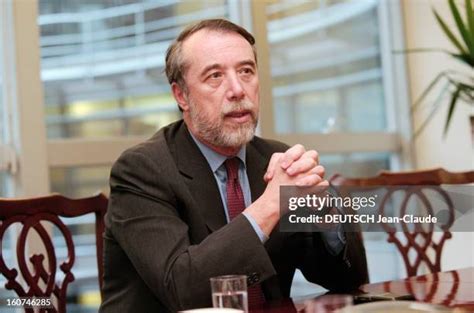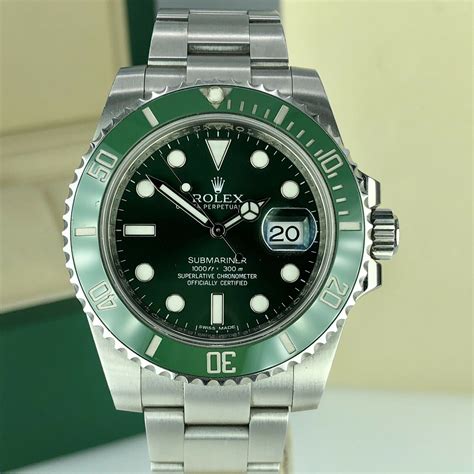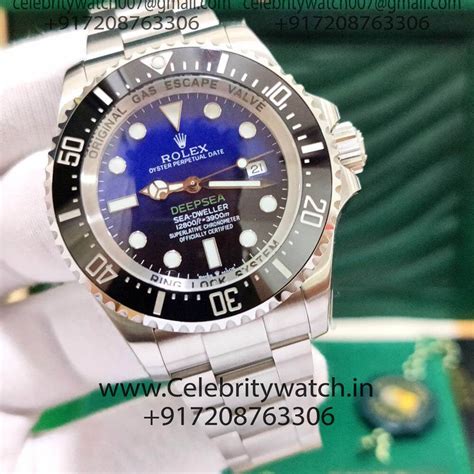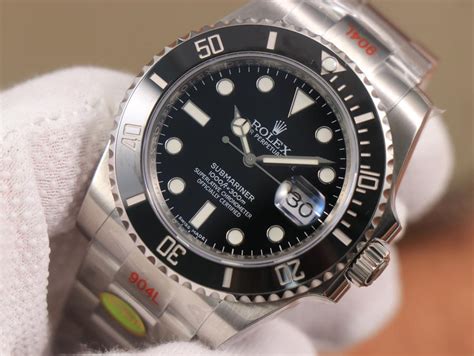gucci ceo domenico | Gucci ceo fired
$247.00
In stock
Domenico De Sole. The name resonates with the iconic Italian fashion house Gucci. More than just a CEO, De Sole was a pivotal figure who steered Gucci from the brink of bankruptcy in the 1990s to a global luxury powerhouse. His strategic acumen, coupled with his close partnership with creative director Tom Ford, marked a period of unprecedented growth and influence for the brand. While his tenure ended abruptly amidst a dramatic power struggle, his legacy continues to shape Gucci's identity and its place in the luxury landscape. This article delves into De Sole's journey, exploring his rise to the helm of Gucci, his contributions to the company's revitalization, the circumstances surrounding his departure, and the lasting impact he had on the fashion world. It will also address the portrayal of De Sole in the 2021 film *House of Gucci*, and consider the various aspects of Gucci's leadership, including information on current CEOs, salary considerations, and the overall ownership of the brand.
From Lawyer to Luxury Titan: De Sole's Ascent at Gucci
Domenico De Sole's path to becoming the CEO of Gucci was unconventional. Born in Italy, he pursued a legal career, earning a law degree from Harvard Law School. He initially joined Gucci as a consultant in the 1980s, offering his expertise on legal and business matters. At the time, Gucci was a fragmented brand struggling under the weight of family infighting, licensing agreements that diluted its brand image, and financial instability. The Gucci family, particularly Maurizio Gucci, recognized De Sole's talent and potential.
His initial role focused on restructuring Gucci's legal framework and untangling the complex web of licensing agreements that plagued the brand. This involved navigating intricate legal battles and negotiating with numerous licensees, a task that required both sharp legal skills and a keen understanding of the business. De Sole's dedication and success in these early endeavors quickly earned him the trust of Maurizio Gucci.
In 1994, after Maurizio Gucci sold his remaining shares to Investcorp, De Sole was appointed CEO. This appointment marked a turning point for Gucci. He inherited a company deeply in debt, tarnished by scandal, and lacking a clear direction. However, De Sole possessed a clear vision: to restore Gucci's exclusivity, streamline its operations, and re-establish its position as a leading luxury brand.
The Ford-De Sole Partnership: A Revolution in Style and Business
De Sole's appointment coincided with the rise of another transformative figure: Tom Ford. Hired initially as a ready-to-wear designer, Ford's talent quickly shone through, and he was soon appointed Creative Director. The partnership between De Sole and Ford proved to be a stroke of genius. They complemented each other perfectly, with De Sole providing the business acumen and strategic vision, and Ford injecting a bold, provocative, and undeniably seductive aesthetic into Gucci's designs.
Ford's designs were a radical departure from Gucci's traditional image. He introduced a new level of glamour and sensuality, characterized by sleek silhouettes, luxurious fabrics, and provocative advertising campaigns. His designs were instantly controversial, but they also captured the zeitgeist and propelled Gucci back into the spotlight.
De Sole, recognizing the power of Ford's creative vision, gave him the freedom and support he needed to experiment and push boundaries. He also implemented a rigorous cost-cutting program, streamlined Gucci's product lines, and tightened control over its distribution channels. He significantly reduced the number of licensed products, focusing instead on high-end, directly controlled retail operations. This strategy not only improved profitability but also enhanced Gucci's brand image and exclusivity.
Under De Sole and Ford's leadership, Gucci experienced a period of unprecedented growth. Sales skyrocketed, profits soared, and the brand's stock price soared. Gucci became the hottest luxury brand in the world, synonymous with glamour, sex appeal, and Italian craftsmanship. They transformed Gucci from a struggling family business into a highly profitable, publicly traded company.
The *House of Gucci* Portrayal: Fact vs. Fiction
The 2021 film *House of Gucci*, directed by Ridley Scott, offers a dramatized account of the Gucci family's tumultuous history, culminating in the murder of Maurizio Gucci. In the film, Domenico De Sole is portrayed by actor Jack Huston. While Huston delivers a compelling performance, it's important to remember that the film is a fictionalized adaptation of real events.
The film portrays De Sole as a close confidant and advisor to Maurizio Gucci, but also as a shrewd businessman who ultimately prioritized the company's financial success over family loyalty. While there's undoubtedly truth to both aspects of this portrayal, it's important to consider the limitations of a dramatic narrative.
The film condenses complex events and relationships into a digestible storyline, which inevitably requires some simplification and embellishment. While Huston's portrayal captures De Sole's intelligence and business acumen, it may not fully capture the nuances of his personality or the complexity of his relationship with the Gucci family.
Moreover, De Sole himself has publicly criticized the film, stating that it contains numerous inaccuracies and misrepresentations of events. He has particularly objected to the portrayal of the Gucci family and the dynamics within the company.
The Dramatic Exit: Power Struggles and the End of an Era
Additional information
| Dimensions | 9.8 × 1.8 × 2.6 in |
|---|









